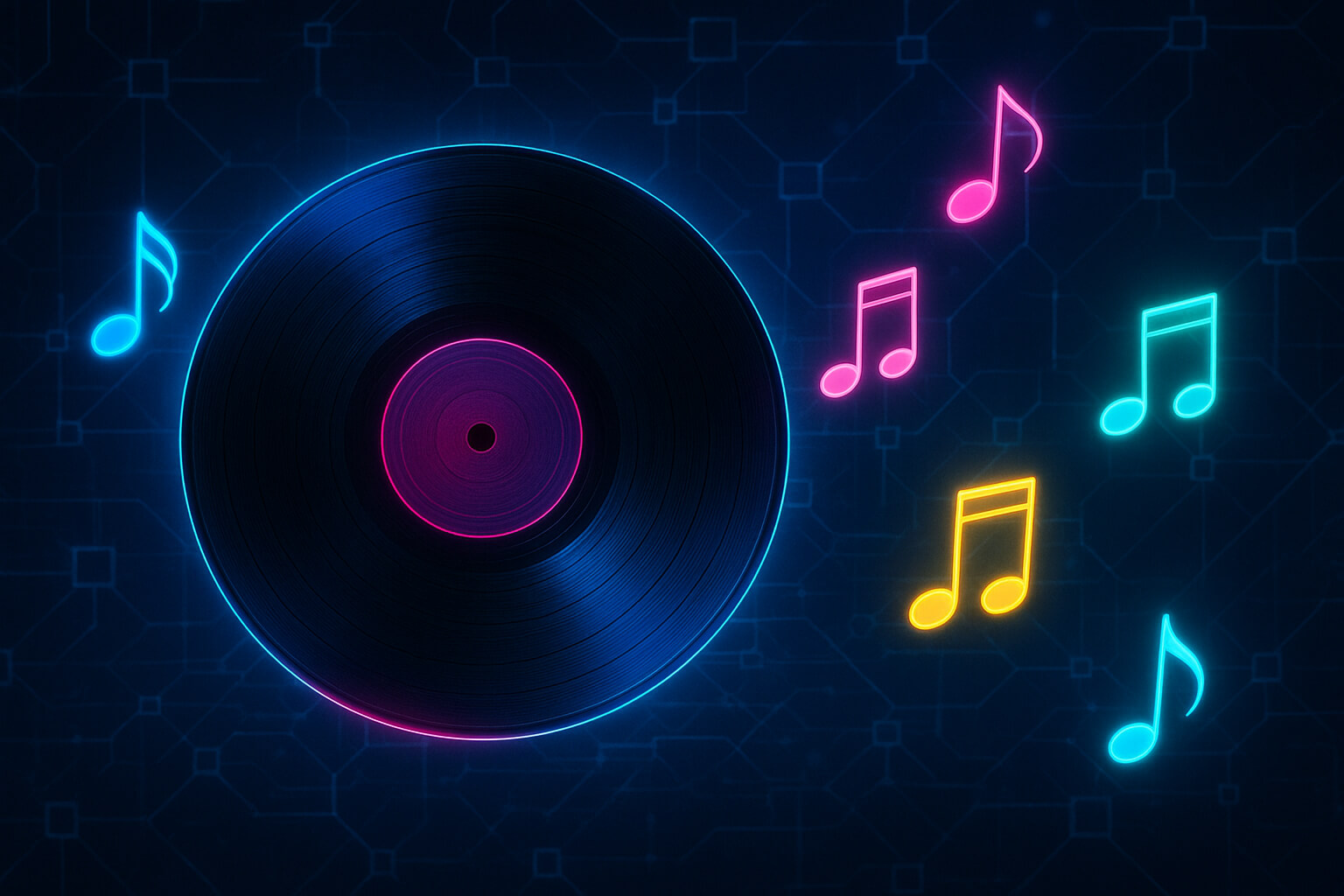August 15, 2025

The music industry has always evolved alongside technology — from vinyl to streaming, from mixtapes to TikTok. Now, the latest innovation making waves is the NFT, or non-fungible token.
But is it just another buzzword or a real opportunity for artists?
Let’s break it down clearly: what NFTs mean in music, why artists are paying attention, and whether you should consider jumping in.
NFTs are unique digital assets stored on a blockchain — often representing ownership of something exclusive, like art, video, or, in this case, music. Unlike MP3s or streamed content, NFTs provide proof of ownership, can be limited in quantity, and sometimes include exclusive access or perks.
For musicians, this could mean:
These digital collectibles can appreciate in value or be resold by fans — opening up new possibilities for fan engagement and monetization.
If you’re just starting with releasing music digitally, this guide to music distribution explains how to get your music onto major streaming platforms — a great foundation before jumping into Web3 territory.
NFTs enable direct-to-fan experiences, cutting out middlemen like streaming platforms or labels. This not only boosts profit margins but also gives fans something they can own — not just stream.
Artists are using NFTs to sell:
These personalized assets foster deeper fan loyalty — a concept that aligns with the strategies found in this fan-building guide for indie musicians.
For indie artists with a strong following, NFTs can be more than a gimmick — they become a tool for connection and revenue.
If you’re selling music NFTs, you’ll need to clearly define what rights the buyer receives. Are they buying just listening access, or do they have commercial rights to the track?
Brush up on copyright essentials with this music publishing guide to avoid common legal pitfalls.
The short answer? Not immediately — but don’t ignore them.
If you’re still building your audience, it’s better to focus on platforms that let you:
NFTs are most valuable when you already have fans willing to pay for exclusivity. But that doesn't mean you shouldn’t learn how they work. Understanding NFTs now can give you a first-mover advantage once your fanbase grows.
Want to better understand how you can earn as an artist today? Explore this full breakdown of how music royalties work — whether from streaming, sync licensing, or NFTs.
NFTs in music aren't a must-use tool yet — but they represent a powerful shift in how artists can connect with their fans and monetize their work on their own terms.
They're particularly useful for:
Whether you decide to experiment now or wait until the tech is more mainstream, staying informed is the smart move.
Here are a few free tools and resources to help you take the next step:
Stay up to date with the latest tips, expert insights, product reviews, and step-by-step guides to help you grow, create, and succeed—no matter your industry or passion.